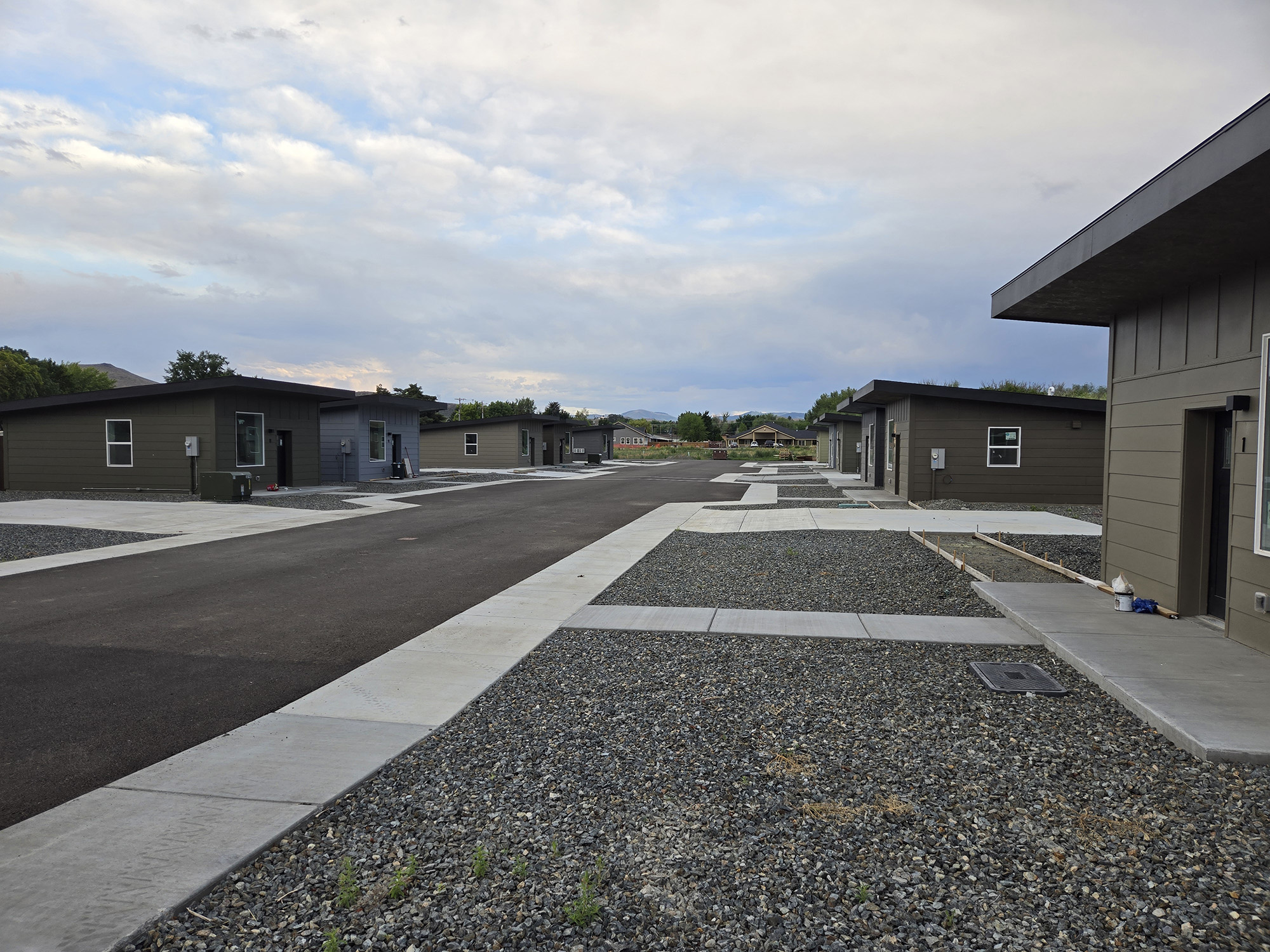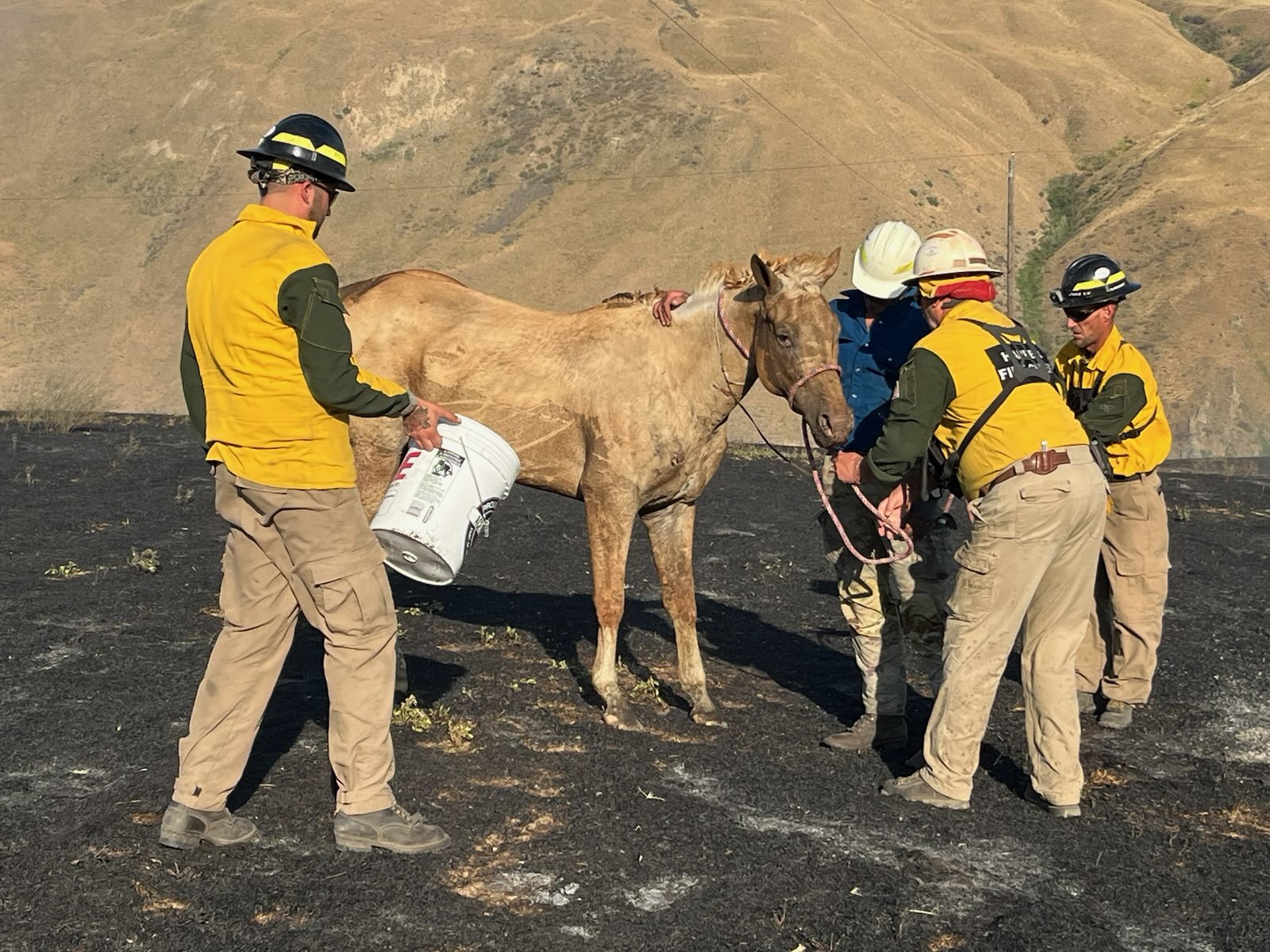COLUMN: The simple but immense joy of coming home
Published 9:30 am Saturday, April 4, 2020
I pulled into my driveway the other evening and rather than immediately unbuckle and get out, as I normally would do, I sat there for the better part of a minute, looking at the familiar scene and seeing it with eyes that seemed to have been scrubbed clean.
Trending
It was a wonderful interlude.
I felt at once comforted and optimistic, both of which have lately been as elusive as Sasquatch.
Coming home is supposed to be this way, of course.
Trending
That simple word — home — is a soothing balm, conveying in a single syllable the complicated notions of family and love and security.
We like too to think of our homes as our refuge, the place where we can be our true selves, sheltered from the sometimes artificial worlds of work and society with their expected conformities.
This is why we use the term “feeling at home” to describe places or situations that remind us of the pleasant sensation of actually being home, even when we are not.
I don’t generally agree with the aphorism that familiarity breeds contempt. But I’ll concede that it contributes to complacency.
Yet extraordinary circumstances — and our current situation most certainly qualifies — tend to revive emotions which have ossified.
In a couple months I will pass a milestone — a quarter century since I moved into my home.
This is a considerable span.
And over those years I have become so accustomed to the place that my eyes pass over myriad details without really registering what they’re seeing — the way two pieces of door moulding don’t fit quite right, say, or the patch of lawn that I can never seem to coax to lushness no matter how much water and fertilizer and anxiety I lavish on it.
Yet something so small I’ll never see it — a virus particle — has managed to refresh my appreciation for home as I suspect almost nothing else could have done.
The coronavirus doesn’t frighten me in the stark way that, say, the idea of nuclear war does. Yet the virus — and in particular its effects, being so widespread and so much more drastic than anything in my experience — have left me feeling profoundly unsettled.
Probably the virus will never infect me. But its power is mental as well as physical, and its presence — whether actual or merely possible — casts a sinister pall over the most ordinary and banal parts of life.
In this sense, to revisit my earlier analogy, the virus is not so dissimilar from the effects of a nuclear detonation. Virus particles and radioactivity are both invisible, for all practical purposes, without taste or odor yet capable of wreaking irreversible havoc on our bodies.
I have, as we all have, been preoccupied with such thoughts over the past few weeks.
And although the coronavirus doesn’t suddenly evaporate from my mind when I step across the threshold and into my home — indeed, it is a main topic of conversation even there — I feel a palpable sense of relief when I shut the door.
I smell the rich scent of whatever my wife, Lisa, has been cooking or baking.
I hear the voices and giggles of our daughter, Olivia, and our son, Max, both healthy and, aside from the occasional tempest typical of 12- and 9-year-olds, happy.
And I know that for the next dozen or more hours, as the sun dips behind the Elkhorns and paints the Wallowas’ snowy slopes with pink alpenglow, I needn’t worry about the world outside, with its hidden particles and questionable sanitation practices and infectious droplets.
So much out there, beyond our fences and budding trees and bulbs preparing to burst into blossoms, feels so newly strange and unknown.
Unknowable, even.
But inside, between the walls that I painted, among the chairs on which I’ve stubbed toes and the carpets I’ve scrubbed after a child ate too much candy, everything is of a piece, part of my tiny part of the world, and cherished for its constancy.
This is what I was thinking about while I sat in my car.
I was thinking that very soon I would be able to swap for a while those questions which defy answers, in exchange for those things I know to be true.
I was thinking that I had again returned home, where everything is as it was when I left, where everything is as it should be.
Jayson Jacoby is editor of the Baker City Herald.









